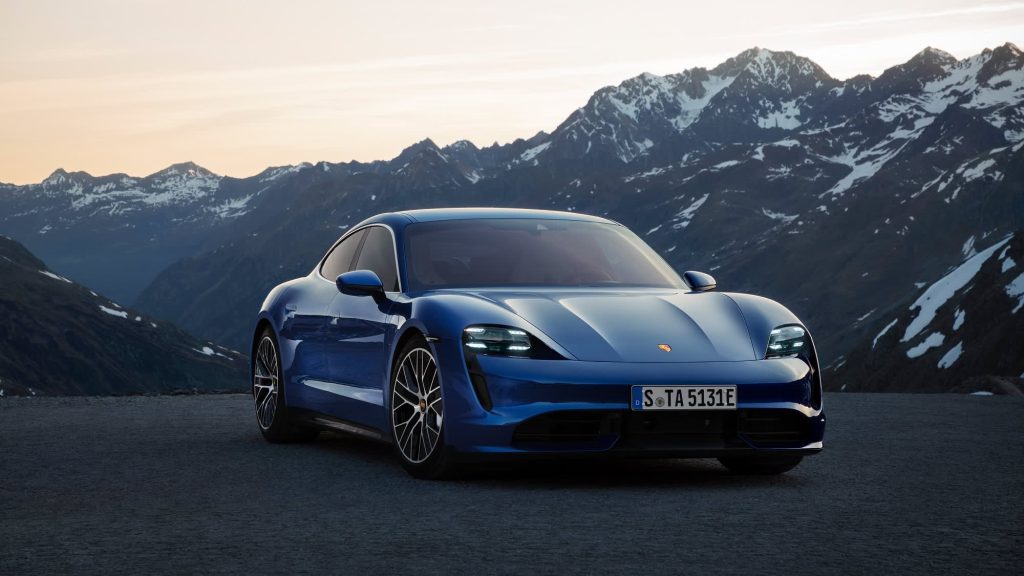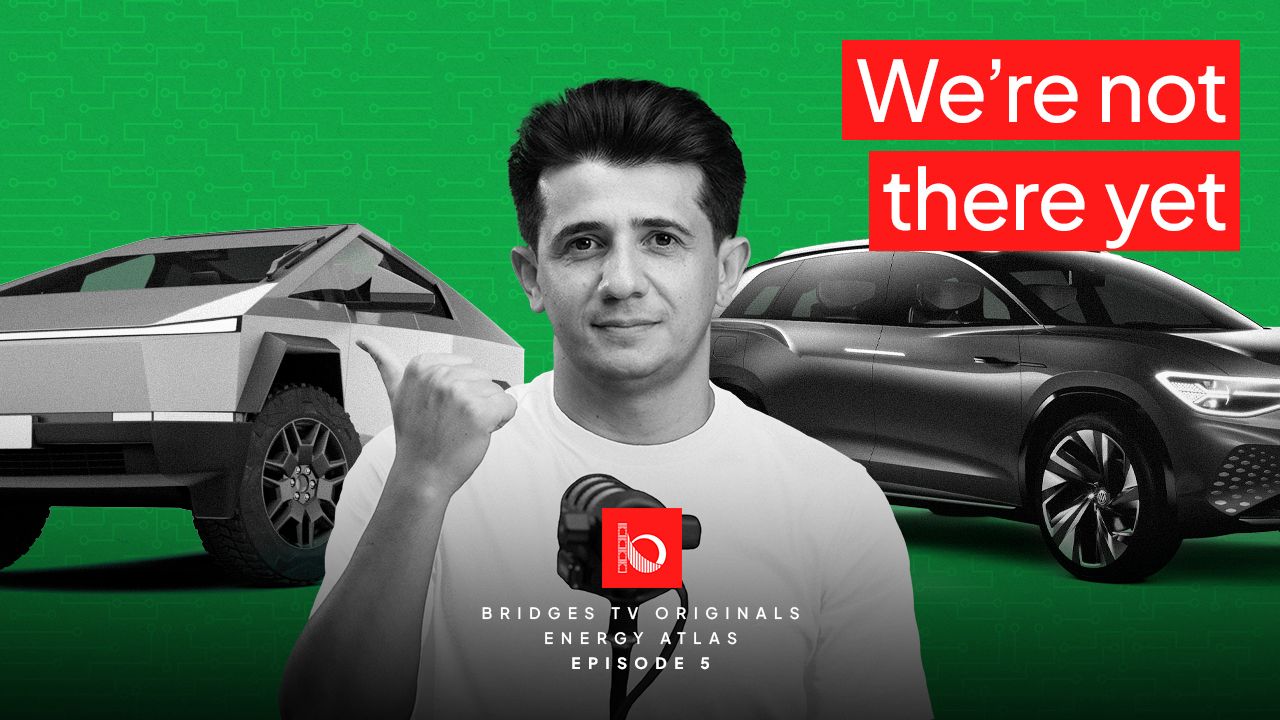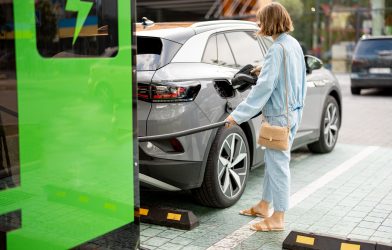A Look at the Industry’s Changing Mind
As the economy and the planet require a push for decarbonization, electric vehicles (EVs) are often considered the clean future alternative to transportation. Especially, the governments offer subsidies, cities add charging stations, and automakers pledge to go fully electric within the next decade. However, some people believe in the contrary. Some of the world’s biggest carmakers, including Mercedes-Benz and Ford, are slowing down and sometimes canceling EV projects. Meanwhile, Europe’s EV investments are decreasing, and public enthusiasm and favor towards EVs are not growing as fast as many people predicted. This raises a real question: Do we really need EVs, or is the answer more complicated?
Case Study 1: Mercedes-Benz Cancels Major EV Platform
In May 2024, Mercedes-Benz shocked many by canceling the development of its MB.EA Large EV platform, which was planned to power the next generation of luxury electric sedans and SUVs. According to reports by WardsAuto and Top Gear, the company cancelled the platform due to insufficient sales of its current high-end electric cars – the EQE and EQS. This move is predicted to save the business €4–6 billion in development and manufacturing costs. Instead of building an all-new electric foundation, Mercedes will upgrade its existing platform and continue producing plug-in hybrids (WardsAuto, 2024). This decision signals a major strategic shift in the industry. However, CEO Ola Källenius acknowledged that hybrids will remain popular “for many years,” and Mercedes has postponed its EV-only sales targets until the end of the decade. In short, even premium automakers are hedging their bets because of this shifting ideology towards EVs.
Case Study 2: Ford Cancels and Delays EV Rollouts
Ford Motor Company also canceled EVs in 2024. The company officially canceled a three-row electric SUV and postponed its next-generation electric pickup project to 2027 (The Verge, 2024). These moves resulted in large financial losses for the company, over $1.3 billion in the first quarter (Q1) and $1.1 billion in the second quarter (Q2) of 2024 from its EV division. To prevent upcoming risks, Ford now requires a new EV to become profitable within 12 months of launch. The company’s capital investment in EVs has significantly declined from 40% to 30%, with a new emphasis on hybrids and commercial EVs. Ford’s preference shift shows that even as public policy pushes electric mobility, automakers are feeling the pressure of cost, consumer demand, and competition, especially from lower-cost Chinese brands.

Case Study 3: Europe’s EV Investment Slowdown
Beyond high-end automobile companies, the European EV sector is also slowing down. A 2024 report shows that Europe now receives just 26% of global EV investment, while North America gets 37%, driven by generous U.S. subsidies. Investment in Europe decreased significantly from €29 billion in 2022 to €4 billion in 2023. This investment decline matches what we’re seeing from carmakers. Companies like Mercedes, Volkswagen, and Jaguar Land Rover are delaying new EV launches or factory plans.
One reason for this is regulatory uncertainty. While the EU has long-term targets for emissions reduction, there are no new CO₂ rules between 2025 and 2030, which gives carmakers no incentive to rush investments. Without strong policy signals and public support, even ambitious EV plans can be delayed.
Are EVs Really Better for the Planet?
There’s no doubt that EVs have advantages over traditional cars. They produce zero tailpipe emissions, which means cleaner air in cities. They’re also more energy-efficient, converting about 85% of battery power into motion, compared to just 20–30% for gasoline engines.
But the full picture is more complicated. Producing EV batteries requires large amounts of lithium, cobalt, and nickel. These elements are often mined in environmentally damaging or ethically questionable conditions. Battery production is energy-intensive, and most electricity grids still rely partly on fossil fuels. Put simply, EVs don’t eliminate emissions, but they move them from the road to the production process. Still, over their lifetime, EVs tend to have lower total emissions, especially in regions with clean electricity.

What’s Next for EVs?
Despite the slowdown, EVs are not going away. Sales are still growing in numbers, just more slowly than anticipated. Globally, EV sales are projected to reach 16.7 million in 2024, up from 13.9 million in 2023 (BloombergNEF, 2024). In China, more than half of the new cars sold are electric. In the U.S. and Europe, EV adoption is slowing because people are waiting for more charging stations, cheaper prices, and better driving range. What the case studies show is that EVs alone are not the complete solution. They are part of a bigger solution that includes public transit, cleaner grids, better urban planning, and smaller, more efficient vehicles. And while automakers may pause their EV plans, the need for cleaner, more efficient transport is not going away.
Conclusion
So, do we really need EVs? The answer is yes, but with caution. EVs are essential for reducing transport emissions, but they’re not enough on their own. The recent moves by companies like Mercedes, Ford, and others show that even committed automakers are rethinking their plans.
The future of clean transportation won’t be built on electric vehicles alone. It will depend on a broader system shift, including smarter cities, cleaner energy, public transport, and consumer behavior changes. EVs are a step in the right direction, but without the right policies, incentives, and infrastructure, even the best steps can stumble.
References
BloombergNEF. (2024). Global EV Outlook 2024. Bloomberg New Energy Finance. Retrieved from https://www.bloomberg.com/news/newsletters/2024-10-18/taking-stock-of-the-ev-slowdown-one-year-into-the-narrative-shift
InsideEVs. (2024, May 15). Mercedes-Benz Cancels Next-Gen Platform for EQS, EQE EVs. Retrieved from https://insideevs.com/news/719738/mercedes-benz-cancels-next-large-ev-platform-eqs-eqe-report
Reuters. (2024, February 22). Mercedes-Benz hits cars returns forecast as inflation, supply chain costs bite. Retrieved from https://www.reuters.com/business/autos-transportation/mercedes-benz-hits-cars-returns-forecast-inflation-supply-chain-costs-bite-2024-02-22/
The Verge. (2024, August 21). Ford cancels its electric three-row SUV and delays futuristic electric truck. Retrieved from https://www.theverge.com/2024/8/21/24225177/ford-electric-vehicle-cancellations-delays-suv-t3-pickup
Transport & Environment. (2024, June 6). Carmakers’ EV investments: Is Europe falling behind? Retrieved from https://www.transportenvironment.org/articles/carmakers-ev-investments-is-europe-falling-behind
WardsAuto. (2024, May 13). Mercedes Reportedly Cancels MB.EA Large EV Platform. Retrieved from https://www.wardsauto.com/mercedes-benz/mercedes-reportedly-cancels-mb-ea-large-ev-platform












